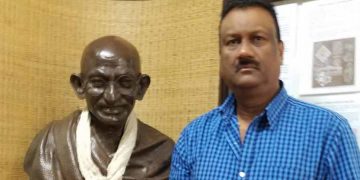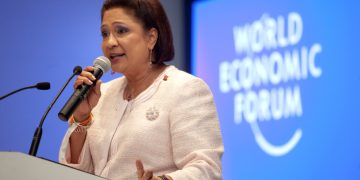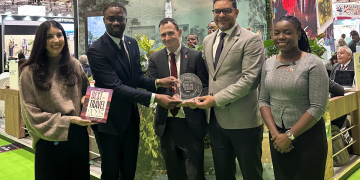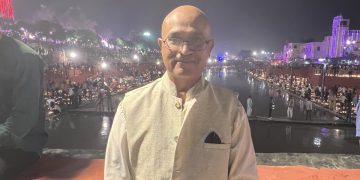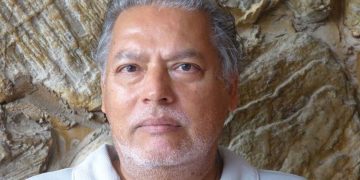Prime Minister Narendra Modi meets with CARICOM leaders on Wednesday at the regional headquarters in Guyana; he is co-chairing the summit with the PM of Grenada (current Chair of the regional body) and President Ali as host. The PM is also in Guyana on a state visit at the invitation of President Ali.
India has a policy of respect for and equality with sovereign nations and to be the advocate of or champion for, not an exploiter of, the Global South. Modi and India champion a rules and norms based global order and foreign policy that seeks consent and not on the power of the gun or power of the few. India regularly voiced support for these principles. India also supports peaceful settlement of disputes in accordance with international law that should be of interest to Guyana as it relates to the border controversy with Venezuela. One can call India’s policy the Modi or India Doctrine for the developing world or global south that includes over a hundred nations. India seeks a mutually beneficial symbiotic relationship with nations.
At the summit, PM Modi is expected to make a pitch for closer relations with CARICOM and assure the regional leaders that India will champion development of the SOUTH nations, Caricom included, at international forums. India would, in turn, expect support from CARICOM and the South at the UN and other global bodies and at international parleys.
India cannot be ignored by nations, not even major ones because of the size of its economy and its middle class. India is a rising power and international player and a major economy with the second largest middle class in the world that has a liberal trading policy, purchasing hundreds of billions of American dollars annually. In a couple years, India is expected to be the third largest economy behind USA and China and by the end of this decade, it should be a $5T economy. It is the fastest growing major or emerging economy. It is a reliable partner. It is spreading its wings globally courting small or developing nations. Major economies are wooing India for trade. And so are smaller economies seeking to tie up trade agreements and accessing developmental aid. Peru is signing an economic agreement with India. European countries are in negotiations for trade deals. And the USA and India are in talks on economic agreement. So Caricom has much to gain from India in tying up economic agreements.
Foreign Relations should be driven by mutual benefits that would propel economic growth. Both Caricom and India need support at international forums to achieve their agenda. They should work together and maintain engagement. One should expect strong and stable bilateral relations between the two and a partnership of shared values and interests that would promote regional and India growth.
















